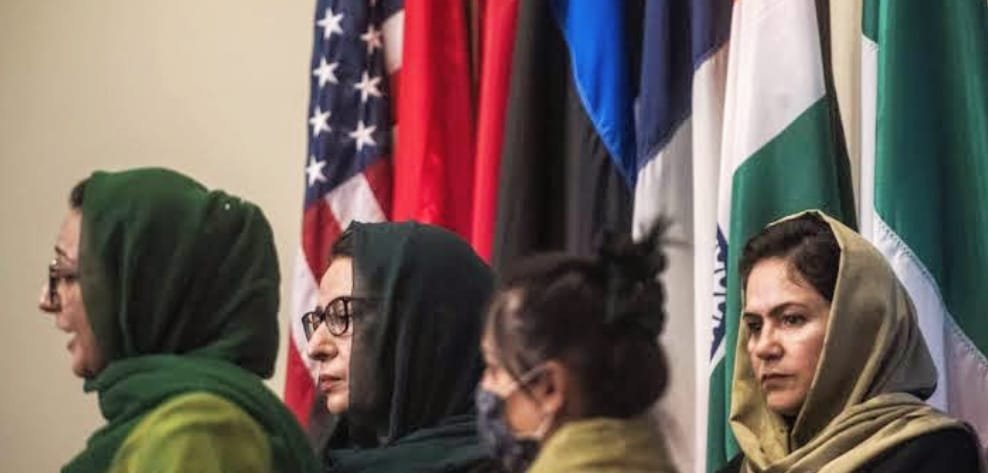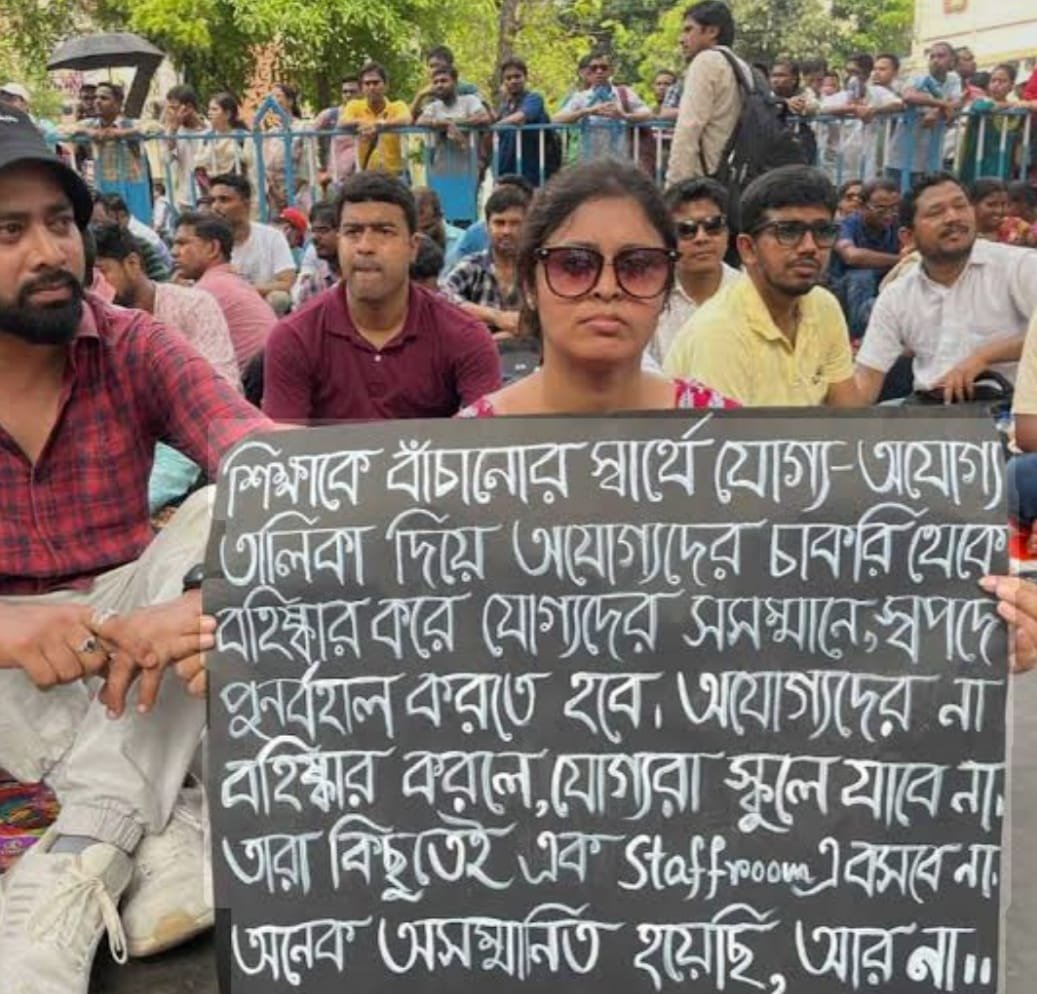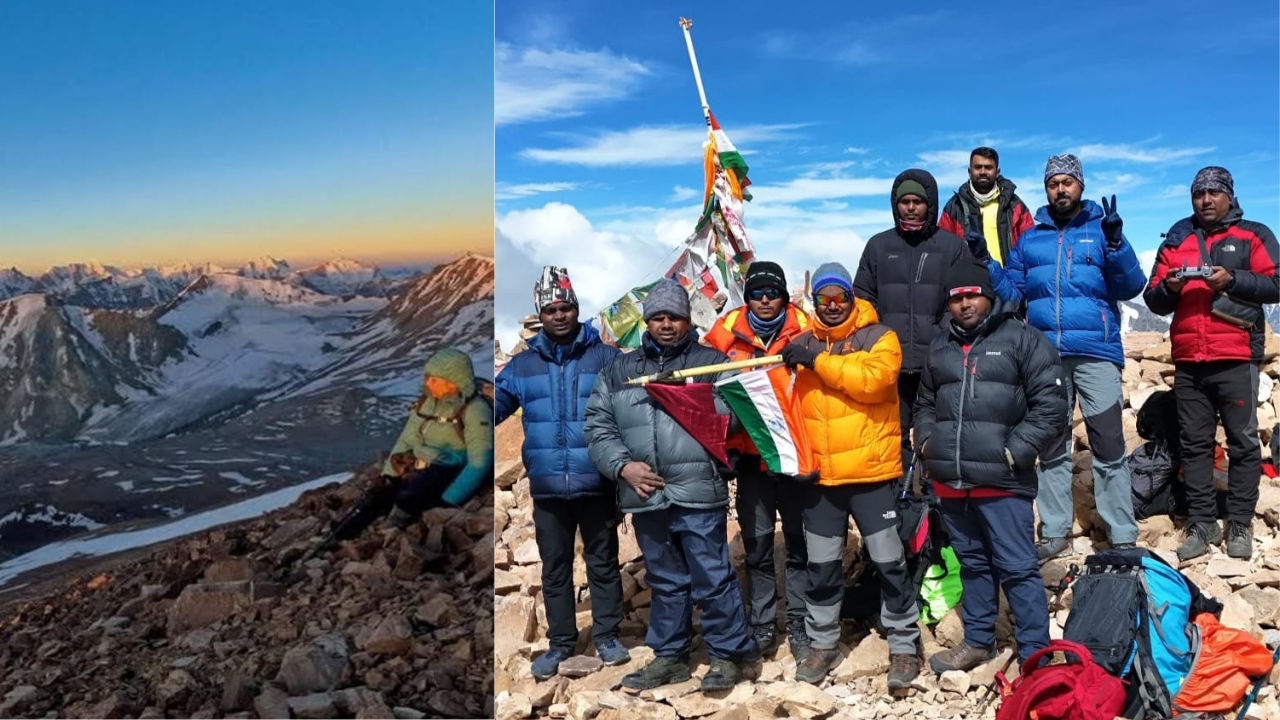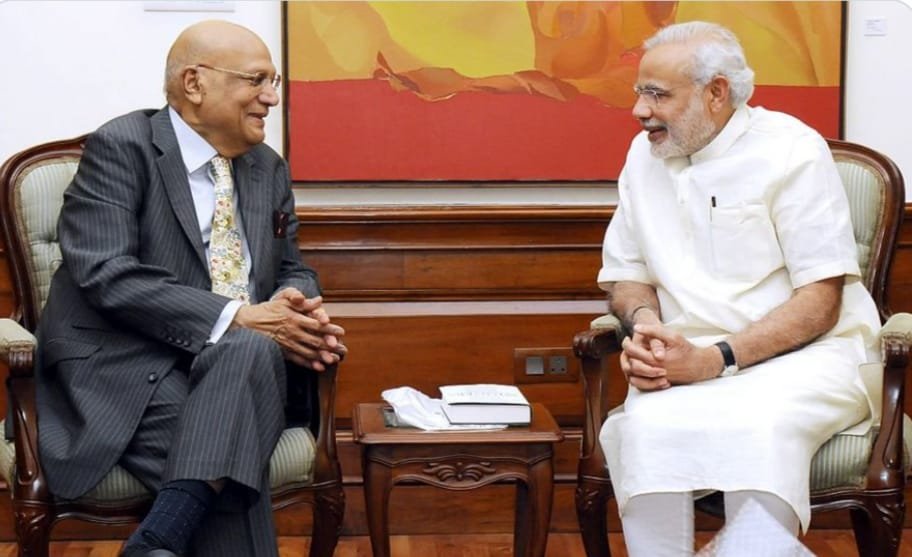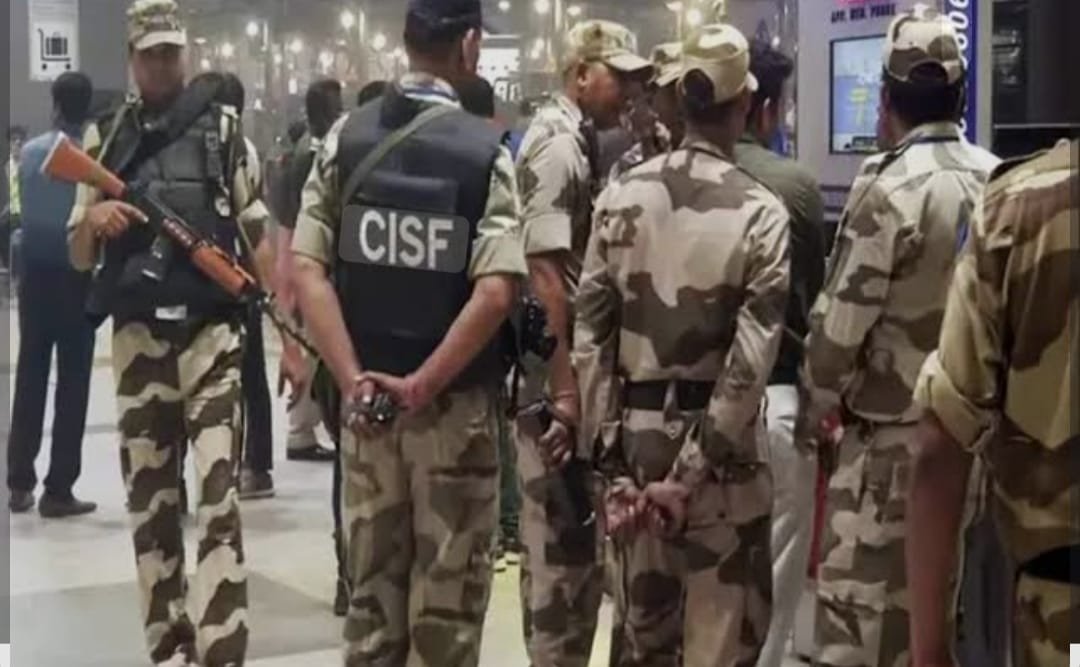Just weeks away from completing her master’s degree in engineering, 31-year-old Habiba found her future abruptly derailed. Fleeing Taliban restrictions on women’s education, she had sought refuge in Iran and poured years of effort into her studies. But in July, she was deported with little more than her laptop and some documents—sent back to a country where women are banned from attending high school, let alone pursuing higher education.
“I was so close,” Habiba said, standing near the Islam Qala border crossing, her voice breaking. “Now I have to start over in a place where my dreams don’t count.”
She is one of nearly 700,000 Afghans expelled from Iran since early June, according to the UN refugee agency, as Tehran intensified deportations in the wake of its recent conflict with Israel. Iranian officials cited security concerns and undocumented migration, claiming most Afghans left voluntarily. But rights groups and aid agencies on the ground describe a different reality—families torn apart, people deported without warning, and many arriving home with no possessions or support.
“No Future for Us Here”
The mass returns have overwhelmed Afghan authorities and aid organizations, many of whom say they were not prepared for the scale or suddenness of the influx. The Taliban-led government has urged Iran to allow deportees time to settle their affairs, but Tehran has moved swiftly, citing an expired registration system for temporary residency cards and security risks amid allegations that some Afghans were spying for Israel—claims Iran has since downplayed.
Rahela, 37, had built a stable life in Tehran as a makeup artist and seamstress, supporting her two daughters after separating from her husband. Now back in Herat, she says her independence is gone. Taliban restrictions bar women from working, traveling without a male guardian, or participating in most aspects of public life.
“I have no helper and no male guardian,” she said. “My father is old. He can’t help me. We’re trapped.”
Women like Rahela and Habiba face not only the trauma of displacement but also the loss of agency and autonomy. “Even when we were mistreated in Iran, at least we could work. At least there was security,” Rahela said.
“We Were Beaten, Then Deported”
While women speak of shattered dreams and vanishing rights, Afghan men recount family separations, beatings, and economic ruin.
Rahim Uzbek, 59, was working as a security guard in Iran when he was detained and deported. His wives and seven children, all Afghan nationals, remain in Iran. He now sleeps in a mosque near the border, with no money, no shelter, and no way to bring his family home.
“I had prepaid my rent. The landlord never returned it,” he said, holding back tears. “I have no assets. I don’t even know where to go.” Mansoor Ahmad, a 21-year-old metalworker from Kabul, said he was accused of helping someone escape a deportation facility, then beaten and held in solitary confinement. Red bruises still marked his back and shoulders. “When I spoke, they beat me. When I stayed silent, they beat me again,” he said.
Iranian officials deny systemic abuse. Iran’s chargé d’affaires in Kabul, Alireza Bigdeli, said there were no official reports of mistreatment but acknowledged that “some may be unhappy with the way they were treated.” Authorities also insisted that efforts were made to prevent family separations and said students were encouraged to leave voluntarily with their families. Still, many like Habiba and Mansoor say they were given no such choice.
A Country Ill-Prepared
Afghanistan is grappling with multiple crises—economic collapse, international sanctions, a humanitarian funding shortfall, and a ban on girls’ secondary education. The sudden return of hundreds of thousands of displaced Afghans is compounding the burden.
Islam Qala, a parched and dusty border town in western Afghanistan, has become a holding area for the expelled. Aid workers report seeing returnees arrive after days without food or water. Some carried nothing but the clothes on their backs.
Despite years of hardship in Iran—where Afghans often faced racism, exploitation, and a lack of legal protections—many say they would return if they could. “Even with the humiliation, there was work,” said Rahela. “There was hope.”
Now, hope is hard to find. In Taliban-controlled Afghanistan, deportees are starting from zero, often with little family support and no path forward.
“I ran from one prison and walked into another,” Habiba said.

